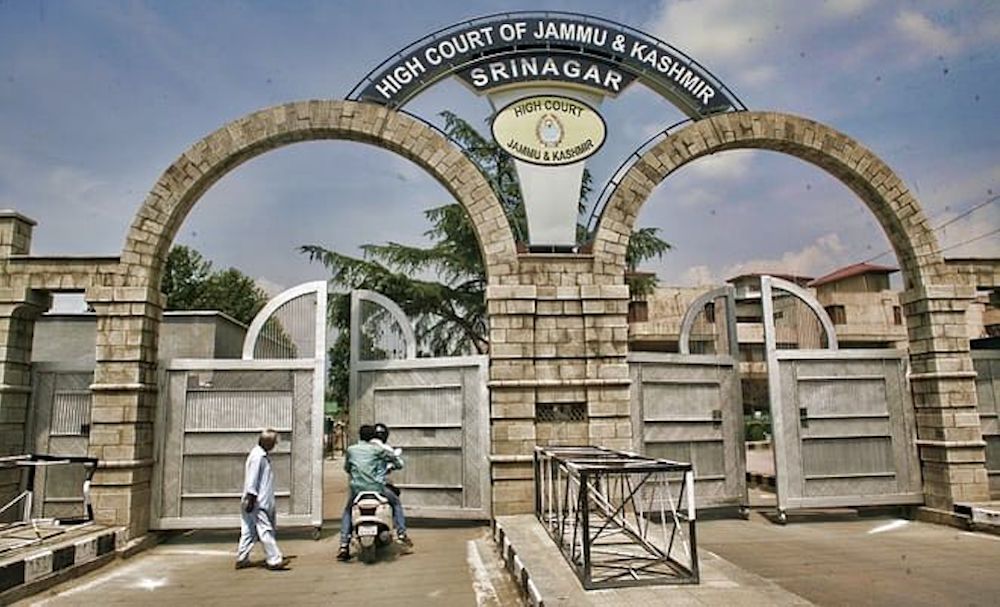Tanisha Rana
Published on: October 4, 2022 at 23:45 IST
Land grabbing does not fall under the definition of acts that are detrimental to maintaining public order as per the provisions of the Jammu and Kashmir Public Safety Act, 1978, according to a recent ruling by the High Court of Jammu & Kashmir and Ladakh.
Land grabbing cannot be interpreted to harm public order as defined by Section 8 (3)(b) of the Act, according to single-judge Justice Rajnesh Oswal, who cited the Supreme Court’s ruling in KK Saravana Babu vs. State of Tamil Nadu.
The Court stated,“In view of the decision of Apex Court, the argument that land grabbing would fall within the meaning of “mischief” loses its force.”
“Thus, this Court is of the considered view that the alleged activities as mentioned above, even if are considered as true, still the said activities do not fall within the purview of the activities prejudicial to the maintenance of public order as defined in 8 (3)(b) of the Act,”
The Court further emphasised that personal freedoms cannot be restricted in a democracy like India except in accordance with the procedure established by law.
“If the law provides for curtailment of personal liberty under certain contingencies/conditions, then such conditions/contingencies must exist, then only, the personal liberty of an individual can be curtailed and that too according to the procedure prescribed by the law.”
“The perusal of detention order reveals that in all the FIRs, the allegations against the petitioner are with regard to the commission of offences, which do not fall within the realm of “public order” as defined by Section 8(3) of the Act as there are no allegations against the petitioner regarding his activities affecting public at large,” the Court observed in its judgment.
The Jammu and Kashmir Public Safety Act, 1978’s provisions for detaining the petitioner were the subject of a petition before the court that challenged the detention order.
The detention order was contested on the grounds that the prosecution’s list of acts that were detrimental to maintaining public order did not fall under the purview of Section 8(3)(b) Act.
The petitioner was involved in several illegal actions that are deemed detrimental to maintaining public order, according to Additional Advocate General Amit Gupa, who opposed the plea.
Since 2006, 21 FIRs have been filed against the petitioner.
It was stated that the petitioner is a well-known land grabber and that because of his illegal actions, there was a threat to the upkeep of the public order, necessitating the issuance of an order of detention against him.
According to the High Court, after reviewing the Act’s provisions, the evidence in the case, and the relevant facts, it is possible that the claims against the petitioner involve law and order issues, but they in no way qualify as disturbing “public order” as that term is defined in the Act.
The Court further stated that reading the detention order revealed that all of the FIRs contained accusations against the petitioner regarding the commission of offences that did not fall under the definition of “public order” as stated in Section 8(3) of the Act because there were no claims that the petitioner’s actions had a negative impact on the general public.
As a result, the petition was approved by the court, and the detention order was revoked.
Sakal Bhushan, an attorney, appeared as the petitioner’s representative.
Case Title: Ravinder Kumar Gupta vs. Union Territory of J&K & Ors.

